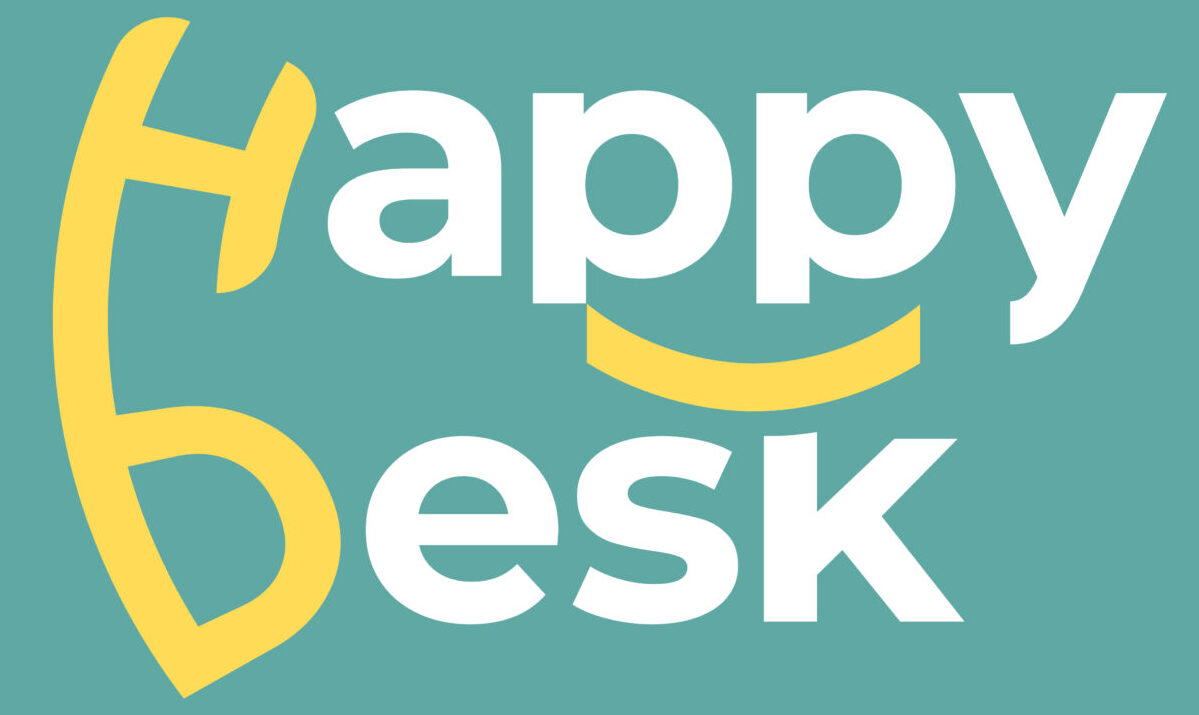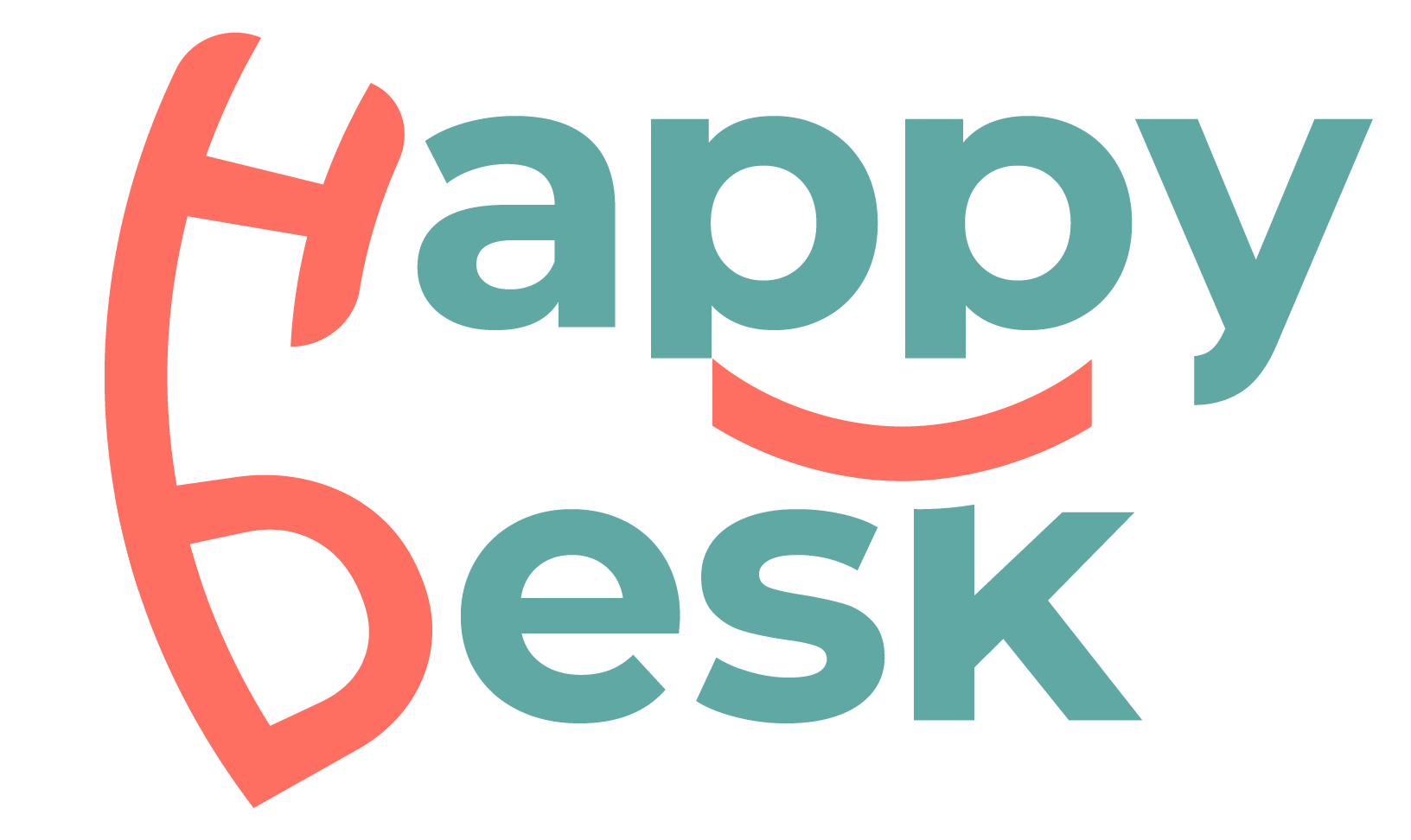We’ve all been there: you’re providing excellent care to your clients, your reputation as a therapist is solid, and yet… new clients just aren’t coming in. It’s frustrating, especially when you know the demand for mental health services is high. The truth is, it’s not always about your skills as a therapist. More often than not, the problem lies in how you’re managing (or not managing) your practice’s communication and client outreach.
Let’s take a look at some of the real issues that might be preventing new clients from booking with you—and how addressing these problems can help you turn things around.
Missed Calls and Delayed Follow-Ups: The Silent Killers
One of the most common complaints from prospective clients? Not being able to get in touch with a therapist’s office. In today’s fast-paced world, people expect immediate responses, or at the very least, timely follow-ups. If a potential client calls or emails and doesn’t get a response quickly, they’ll likely move on to the next therapist on their list—and chances are, they won’t come back to you, even if they were genuinely interested in working with you. Many prospective clients are seeking immediate help and have limited time to wait. They just want an appointment. If they can’t reach you, they don’t know if you’re available, and they won’t wait around to find out. Instead, they’ll move on to the next therapist on their list. If the next practice they contact is able to book them quickly, it makes their decision easy—they’ll likely stick with the therapist who answered first.
Missing out on calls and emails doesn’t just mean losing an immediate inquiry; it means losing the opportunity to build trust. Clients who are already in a vulnerable state may see a missed or delayed response as a sign that your practice isn’t reliable or responsive to their needs. And in today’s competitive market, being responsive isn’t just appreciated—it’s expected.
A simple system to ensure timely responses and follow-ups can make all the difference. This is where a virtual receptionist can make a massive impact. Virtual receptionists are able to answer calls promptly, respond immediately to inquiries, and even handle scheduling, ensuring that clients don’t slip through the cracks while you’re in session or out of office. With consistent and professional communication, you show prospective clients that you value their time and well-being, long before they even sit down for a session.
Your Website May Be Working Against You
How easy is it for potential clients to find what they need on your website? If your contact information isn’t front and center, or if your “Request an Appointment” button is hard to find or confusing to navigate, you could be losing clients before they even make that call.
Worse yet, some therapists don’t include a phone number on their website, relying solely on a contact form. While this might make sense if you don’t have the capacity to manage the phones, it’s often a big mistake. When someone is looking for a therapist, they’re usually looking for immediate help. They want a connection, reassurance, and to know they can talk to someone right away. How often have you filled out a contact form on a doctor’s website instead of calling? Chances are, you’ve reached for the phone.
If you don’t have the bandwidth to manage calls, investing just a couple hundred a month in a virtual receptionist could be a game-changer. Virtual receptionists can answer calls for you, make sure no potential client slips through the cracks, and even help manage your schedule. It’s a small investment that can lead to significant returns.
Bonus Tip: If your website allows clients to book an intake appointment or phone consultation directly online, you’re likely to see an uptick in bookings. Giving prospective clients an easy and immediate way to secure a time with you increases the chances that you’ll meet with them and potentially convert them to ongoing clients.
Overlooking the Value of Personal Connection
The therapy field is, at its core, a relationship-based service. Potential clients are looking for someone who will not only meet their practical needs but also make them feel seen, heard, and supported from the very first interaction. If your intake process feels rushed, impersonal, or too “corporate,” you might be turning away people who crave that connection.
An easy way to enhance the personal touch is through thoughtful communication, starting with a welcoming, empathic response. When replying to potential clients, don’t just jump to, “Yes, I’m accepting new clients,” and leave it at that. Acknowledge their courage in reaching out, empathize with information they share with you, or congratulate them on taking the first step toward healing.
Here’s an example:
“Thank you so much for reaching out, [Client’s Name]. I’m sorry to hear that you’ve been experiencing this! That said, I know that starting therapy can be a big step, and I’m honored that you’ve chosen to explore this journey with me. I’m currently accepting new clients and would love to schedule a consultation so we can discuss how we might work together.”
This simple but meaningful gesture helps potential clients feel supported and cared for from the very first interaction. And if you’re not the one answering your phones/emails, you can provide a script like this to your receptionist. This ensures your values of personal connection and empathy translate just as if the client was speaking to you directly.
The Secret Sauce: Stand Out by Being on Top of Inquiries
Here’s the big secret to standing out in the mental health field: be the therapist who answers the phone and responds to emails! It sounds simple, but it’s incredibly powerful. While many therapists let these opportunities slip by, you can be the one who doesn’t. In a field where so many practices struggle to stay on top of communication, simply being responsive sets you apart in ways you might not expect.
Imagine this scenario: A potential client is actively searching for a therapist and calls three different practices. Two of those practices don’t answer the phone or respond to the voicemail until the next day. But one practice—the one with the virtual receptionist, for example—answers the call immediately, offers helpful information, and even schedules an appointment on the spot. Which practice do you think the client will choose?
It’s not just about being available—it’s about standing out in a crowded field. When potential clients are comparing therapists, availability often becomes the deciding factor. People seeking therapy are usually ready to act quickly, and the practice that’s easiest to reach has a clear advantage. By simply responding in real-time, you can capture clients who might otherwise move on to the next practice.
Responsiveness becomes your competitive edge. While your clinical skills are important, many therapists are equally skilled—but not all therapists prioritize or have the capacity to keep up with incoming inquiries. This is where being on top of communication gives you a real advantage. By staying on top of communication, whether it’s through your team or a virtual receptionist, you’re making it clear that your practice is ready to help and available when clients need you. It’s a small but impactful difference that can significantly boost client acquisition. In a field where many practices miss calls or delay responses, this one action can set you apart from the competition.
How a Virtual Receptionist Can Transform Your Practice
Now that we’ve addressed some of the common issues preventing new clients from booking with you, let’s talk about a game-changing solution: the virtual receptionist.
- Consistent Availability: Whether you’re in session, away from the office, or simply need a break, a virtual receptionist ensures that your phone is always answered. Clients never experience the frustration of missed calls or unanswered emails.
- Timely Follow-Ups: Your virtual receptionist handles the follow-up process, ensuring that inquiries are answered promptly, appointments are confirmed, and any rescheduling needs are met. This means no more losing potential clients due to slow responses.
- Professional Client Experience: Virtual receptionists are trained to provide a warm, professional experience on every call. They create a welcoming environment for new clients, helping them feel comfortable and valued before they even meet you. They are able to follow any script you provide them as well in case you want a personal touch!
- Seamless Scheduling: Instead of juggling calls between sessions or worrying about missed opportunities, your virtual receptionist can take care of scheduling and confirming appointments. This allows you to focus on what you do best—providing therapy—while the administrative details are handled smoothly in the background.
Incorporating a virtual receptionist into your practice doesn’t just help with administrative tasks—it directly impacts your ability to attract and secure new clients. By ensuring that every call is answered and every inquiry is responded to promptly, you’re eliminating the communication gaps that often drive potential clients to look elsewhere. This small but significant addition can boost your client acquisition efforts, helping you convert more inquiries into booked sessions and, ultimately, long-term clients.
Happy Highlight
Sometimes the real issue with attracting new clients isn’t about your skills as a therapist, but how accessible and responsive your practice is. By making small adjustments—like improving communication, being quick to follow up, and ensuring calls and emails are never missed—you can significantly boost your client acquisition. Standing out is easier than you think when so many practices miss these basic yet critical steps. A virtual receptionist can take your responsiveness to the next level, making sure no client inquiry goes unanswered and setting your practice apart in a competitive market.







